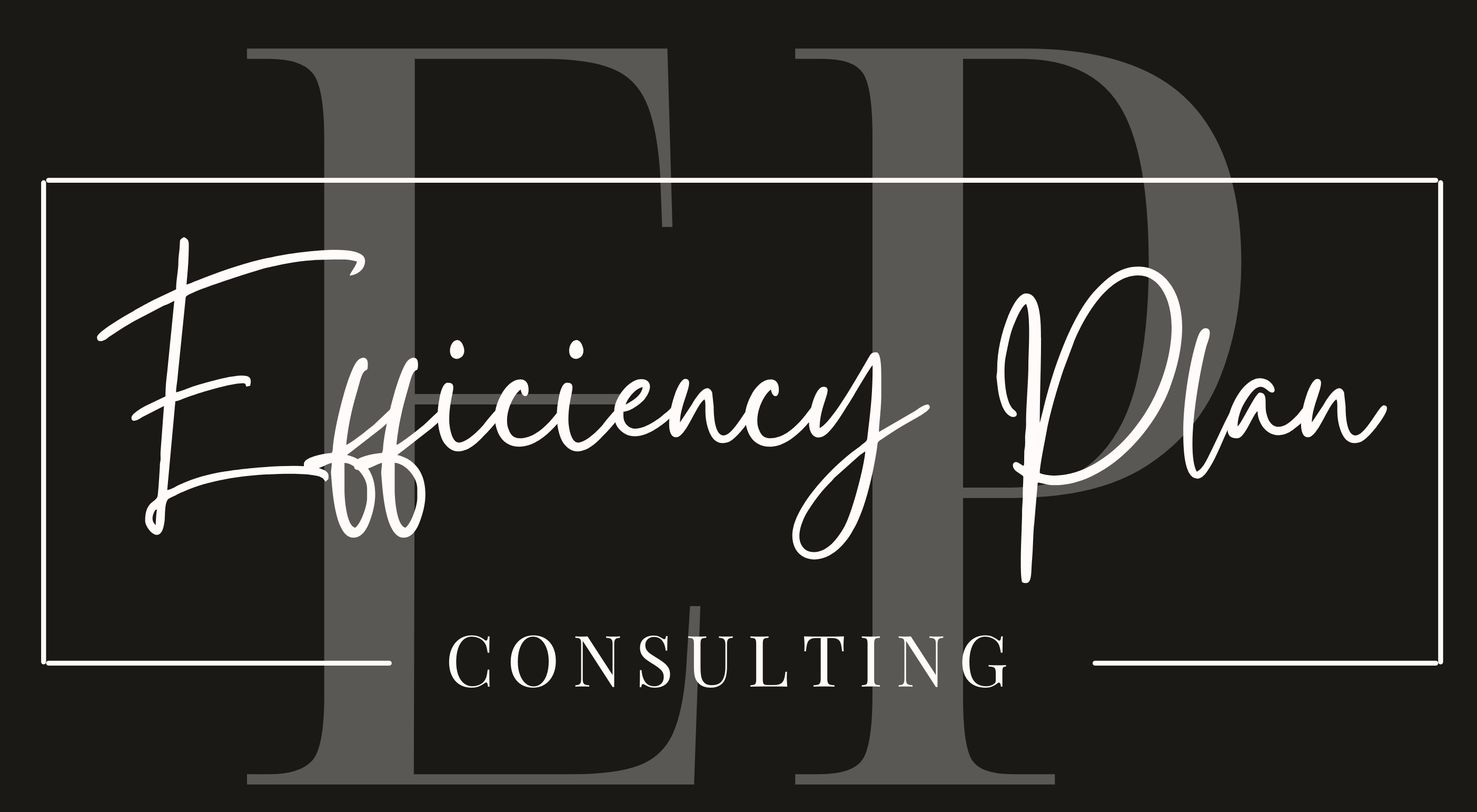As a small business owner, you wear many hats. You're the CEO, the manager, the employee, and the janitor all rolled into one. With so many responsibilities, it's easy to get caught up in the hustle and bustle of daily tasks and forget to focus on what matters—being productive.
Being busy and being productive are not the same thing. Being busy means you're actively engaged in tasks, meetings, and activities, but it doesn't necessarily mean you're achieving your goals or making progress towards your vision. On the other hand, being productive means you're efficiently using your time and resources to produce meaningful results.
The Problem with Being Busy
As a small business owner, being busy can be draining. You're constantly juggling multiple tasks, putting out fires, and responding to emails. You might feel like you're getting a lot done, but in reality, you're just spinning your wheels. Being busy can lead to:
Burnout
Constantly running on the hamster wheel of busyness can lead to physical and mental exhaustion.
Inefficiency
Busywork can distract you from high-priority tasks, causing you to waste time and resources.
Stress
The pressure to constantly be "on" can lead to anxiety and stress, affecting your mental and physical health.
The Financial Drain of Busywork
But the consequences of busyness don't stop there. As a manager or business owner, it's essential to recognize the financial drain of busywork among your workers. When employees are stuck in the cycle of busyness, it can lead to:
The Power of Productivity
Being productive, on the other hand, is liberating! When you focus on high-impact tasks, you:
How to Shift from Busy to Productive
So, how do you make the switch from busy to productive? Try these strategies:
As a small business owner, it's time to stop glorifying busyness and start prioritizing productivity. By shifting your focus from being busy to being productive, you'll achieve more, stress less, and build a sustainable business that thrives. As a manager or business owner, it's crucial to watch out for signs of busyness among your workers and take steps to address them.
By doing so, you'll not only improve productivity but also reduce the financial drain of busy work and create a healthier, happier work environment. Remember, being productive is not about being perfect; it's about making progress towards your vision and enjoying the journey.



